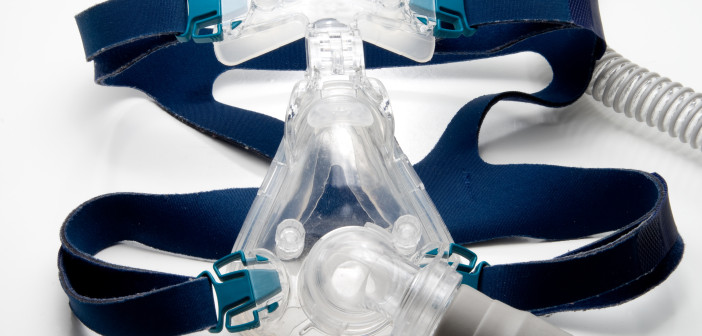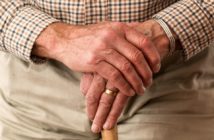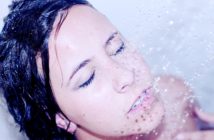Many people are aware of the term, sleep apnea, but they may not know the symptoms, or they may not think of it as a condition with serious consequences if left untreated. Apnea defined is a brief cessation of breathing. Repeated bouts of interrupted breathing (obstructive sleep apnea) all night, every night does, indeed, have serious consequences. When the oxygen level in your blood drops because you have stopped breathing, your blood pressure rises, and you put a strain on your cardiovascular system.
Because obstructive sleep apnea happens while you are sleeping, specifically when you are snoring, you aren’t likely aware that it is happening. That’s because, although your breathing is interrupted during the night, you don’t necessarily awaken when it happens, just as you don’t awaken to the sound of your own snoring. In fact, unless someone tells you that you snore, you most probably don’t know that you do, which is probably why most people categorically deny that they snore.
Normally, the muscles in your throat relax while you sleep; your air passage is not blocked, and air reaches your lungs unimpeded. However, if the muscles don’t relax, air pressure is reduced and the air doesn’t get to your lungs. It’s at that point that your body’s natural reflexes kick in. According to Americare Respiratory Services, the reduced level of oxygen in your blood acts as an automatic trigger, telling your lungs to breathe in some air. They said, “This process often causes a person to gasp, but not always. Most people don’t fully awaken, totally unaware that they have stopped breathing for as long as 10 seconds.”
If there are others in your household, they can tell you if you snore, but more important, they can tell you if your snoring has gradually increased in frequency, duration, and loudness. However, just because you snore, even if you snore every night, you may not have obstructive sleep apnea. Whether or not you know you snore, there are other signs that manifest themselves during your waking hours that may indicate you have a sleeping problem.
If you experience one or more of the following conditions, you may very well have sleep apnea:
1. Daytime drowsiness. You should really pay attention to daytime sleepiness, especially if you believe you have had a full night’s sleep. You might find yourself nodding off at your desk, or at other times when you are not active, such as while you are reading the paper. You may even get drowsy while you are driving.
2. Irritability. You may find yourself having inexplicable mood swings. Perhaps you snap at people without provocation, or you experience a general, indefinable feeling of depression.
3. Inability to concentrate. You may suffer from short-term memory loss, or have problems focusing on a task.
4. Restless sleep. This includes not only tossing and turning, but occasionally waking up gasping for air; some people also experience a choking sensation.
Other symptoms that some people experience are headaches upon waking, getting up frequently all night long to urinate, and waking up with a slightly sore throat and dry mouth. Because these symptoms are sometimes due to other causes, such as dehydration, anxiety, and excessive alcohol intake, it is best to have a thorough physical examination to determine what is causing the symptoms.
Before you see your doctor, you might want to try keeping a diary for a week or two that details your sleeping patterns and how you feel each day. The diary may help the doctor see patterns or inconsistencies that indicate sleep apnea could be the culprit. If a physical check-up (and/or your detailed diary entries) indicates a possible sleeping problem, your doctor will most likely recommend that you see a sleep specialist.
Treatment for obstructive sleep apnea varies according to the severity of the condition. Because obesity, smoking, and alcohol are contributing factors, some people can alleviate their condition by making lifestyle changes. Some people can find relief simply by wearing a dental mouthpiece while sleeping; a device that positions the tongue and lower jar so that snoring doesn’t occur. Severe cases may require the use of a breathing apparatus called a CPAP (continuous positive airway pressure) while they sleep.
http://www.nhlbi.nih.gov/health/health-topics/topics/sleepapnea/signs.html
http://www.mayoclinic.org/diseases-conditions/sleep-apnea/basics/complications/con-20020286
http://umm.edu/health/medical/reports/articles/obstructive-sleep-apnea




